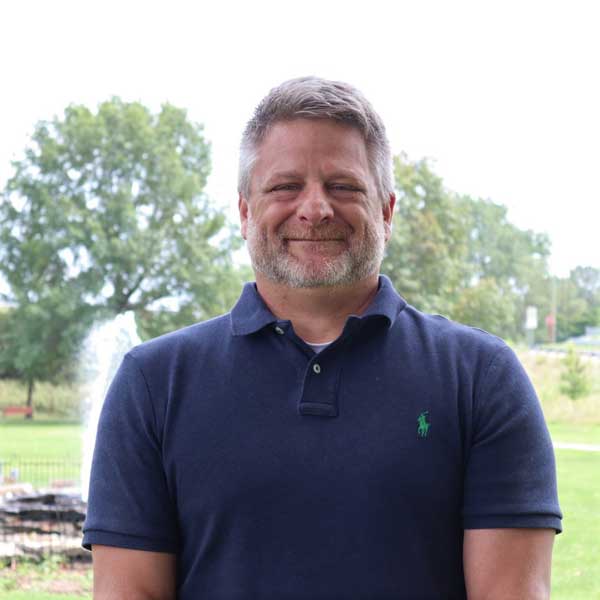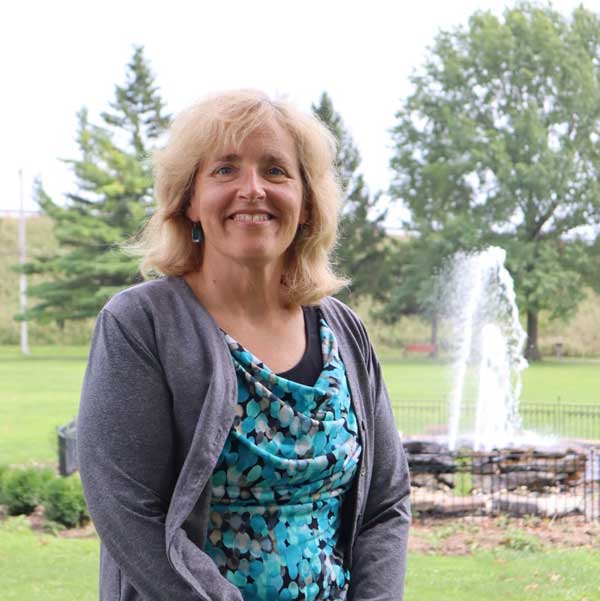We are Deacon Dzierzawski (President) and Mary Ann Wojton (VP of Research) from Epiphany Community Services. We have worked with Sandy Rayhons (Director), Allies for Substance Abuse Prevention (ASAP) in Hancock County, Iowa, on an annual Youth Summit for eight years. We would like to share some tips on organizing and implementing this youth summit.


In our case, the Youth Summit is a day-long program designed to gain an understanding of youth’s perspective about their school and community. At the end of the day, youth present their findings to community leaders. They use these findings to work with adults to develop action plans for policies and practices that benefit youth in the community.
The Search Institute (Probst, 2004) has found several benefits to youth summits.
- Youth develop the skills and knowledge necessary to craft positive community change, learn how to connect with adults as allies, and identify what could be changed to improve their school or community.
- Adults learn more about what young people experience in the places and with whom they spend time (e.g., schools, neighborhood, family).
- The community benefits by developing energized young people and a strong network of supportive youth and adults who are committed to making change within the community.
Hot Tips: Prior to the Summit
School administrators for all schools involved need to be part of the planning committee. It is imperative for school administrators to understand that the Summit helps them learn more about what is happening with their students. Access to students for an entire day is rare in an environment fueled by high-stakes testing.
Relationships are vital to the success of the summit. School faculty have established relationships with the ASAP staff. They believe the summit ultimately supports student learning.
Questions are designed for youth to share freely without admitting illegal behavior. Adult facilitators ask youth participants, “Where do kids your age learn about drugs and alcohol?” By phrasing the questions this way, youth may share freely without admitting to illegal behavior. Questions for the summit are developed based on student data from the prior summit, findings from the state’s survey on student drug use, school administration concerns, etc.
Hot Tips: During the Summit
Trust is key to gathering data from youth at the summit. Students’ trust in interviewers is derived from their trust in their teachers. To facilitate trust, interviewers do not come from within the community. To establish confidentiality and trust, interviewers begin by sharing, “What you say in this room, stays in this room. I do not know you or your family. I will be leaving here at the end of the day to go to my home in another state. I won’t be sharing anything you say with anyone in your community. Also, I don’t know anyone you will be talking about.”
To ensure transparency, youth write responses to interview questions on flip charts and decide which notes are key findings that will be presented to community leaders.
After presenting their key findings, youth work with community leaders to develop action plans. Action plans vary greatly, including the following examples:
- A community-wide youth game night and videos for parents focused on messages youth thought parents should know about teen substance use.
- Business leaders met with youth to discuss the benefits and challenges they encountered when they hired youth.
- Law enforcement talked with youth about what they see in their school and community that does not promote positive relationships between youth and law enforcement
Rad Resource:
The Search Institute planning guide, How to Hold a Youth Summit
The American Evaluation Association is celebrating Youth Focused Evaluation (YFE) TIG Week with our colleagues in the YFE Topical Interest Group. The contributions all this week to aea365 come from our YFE TIG members. Do you have questions, concerns, kudos, or content to extend this aea365 contribution? Please add them in the comments section for this post on the aea365 webpage so that we may enrich our community of practice. Would you like to submit an aea365 Tip? Please send a note of interest to aea365@eval.org. The views and opinions expressed on the AEA365 blog are solely those of the original authors and other contributors. These views and opinions do not necessarily represent those of the American Evaluation Association, and/or any/all contributors to this site.
